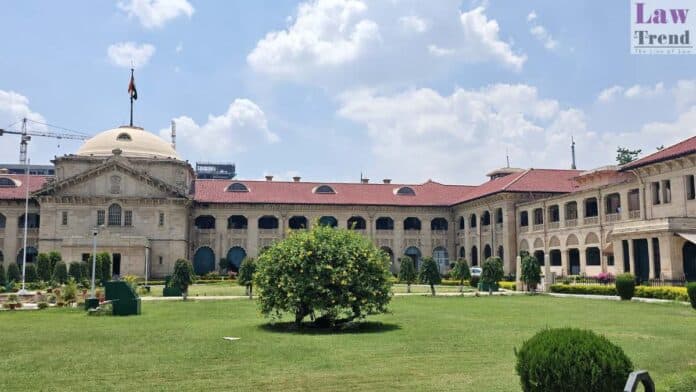In a significant move aimed at streamlining judicial procedures, the Allahabad High Court has directed the implementation of the National Service and Tracking Electronic System (NSTES) across criminal courts. This system is designed to ensure the timely execution of court-issued summons, warrants, and attachment orders.
A two-judge bench comprising Justice Saumitra Dayal Singh and Justice Donadi Ramesh issued the directive while hearing a petition. The court expressed its concern over the delays and negligence in executing court orders, emphasizing that the lapses undermine the effectiveness of the judicial process.
The High Court’s decision mandates that judicial officers must directly communicate with senior police officials such as SPs, SSPs, and Police Commissioners to enforce court orders, and report back to the High Court on the progress. This move is intended to prevent high-ranking officials from ignoring the judiciary’s directives and to ensure accountability.
Initially, the cities of Lucknow, Ghaziabad, and Meerut will serve as pilot locations for the NSTES. Based on the outcomes, the system will gradually be expanded to all criminal courts in Uttar Pradesh. The High Court has made it clear that senior officials who fail to comply with judicial orders will face stringent actions, including the issuance of show-cause notices.
The implementation of NSTES comes in response to a petition regarding a prolonged check-bouncing case, highlighting the broader issues of non-compliance and police negligence in handling legal procedures. With the new system, the court aims to resolve such issues more efficiently and ensure that justice is not delayed due to procedural lapses.




